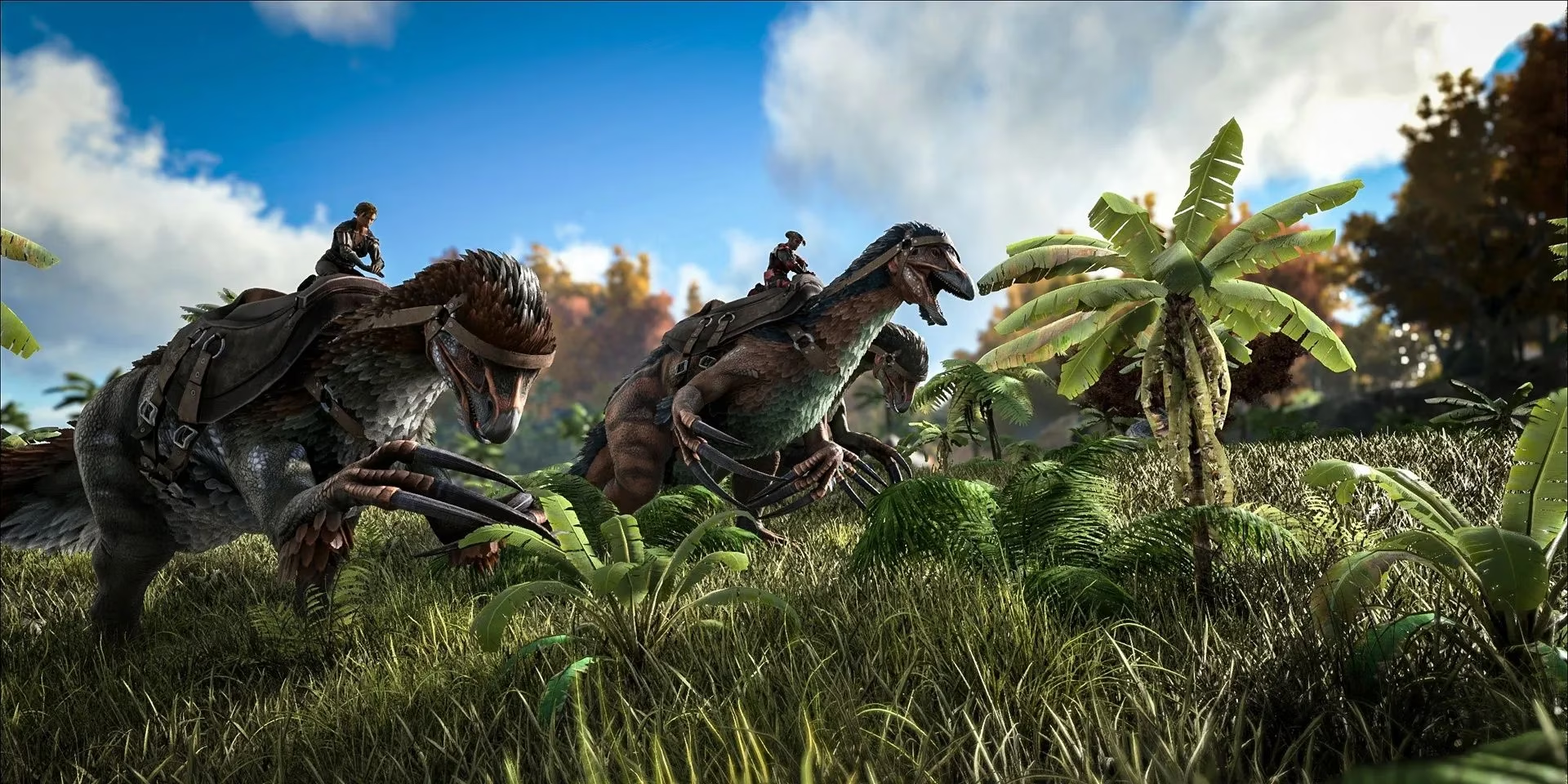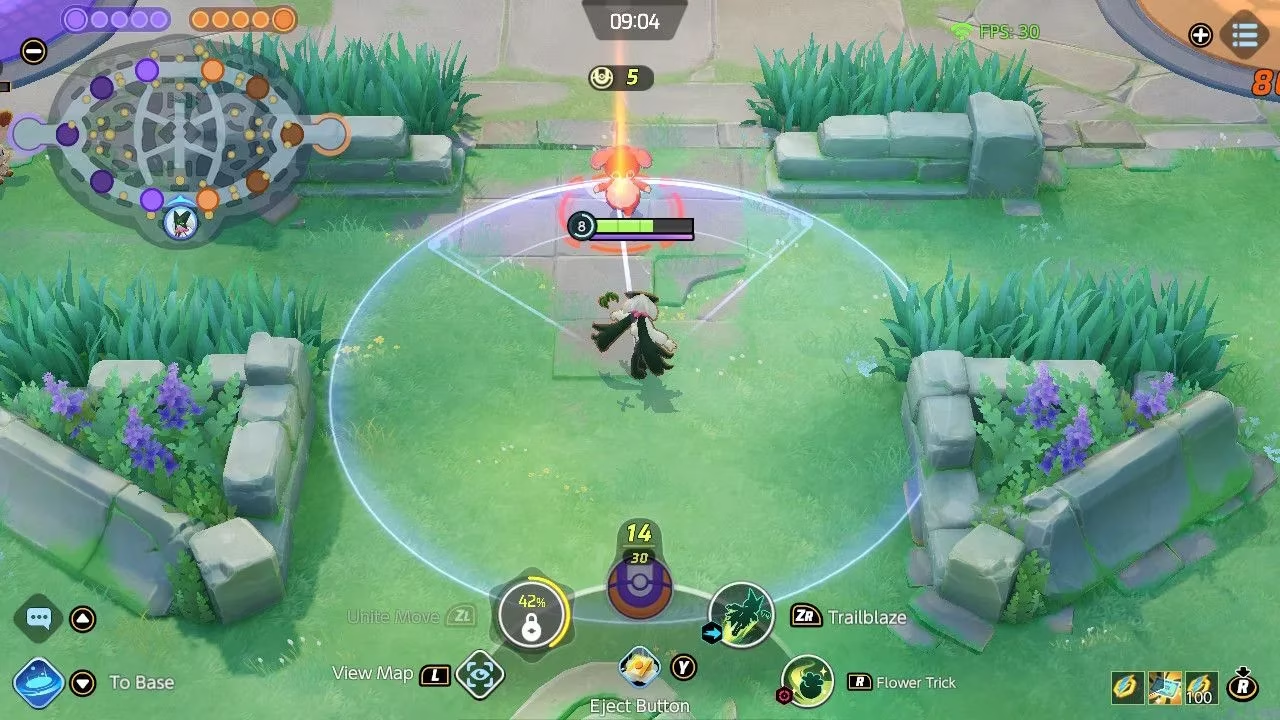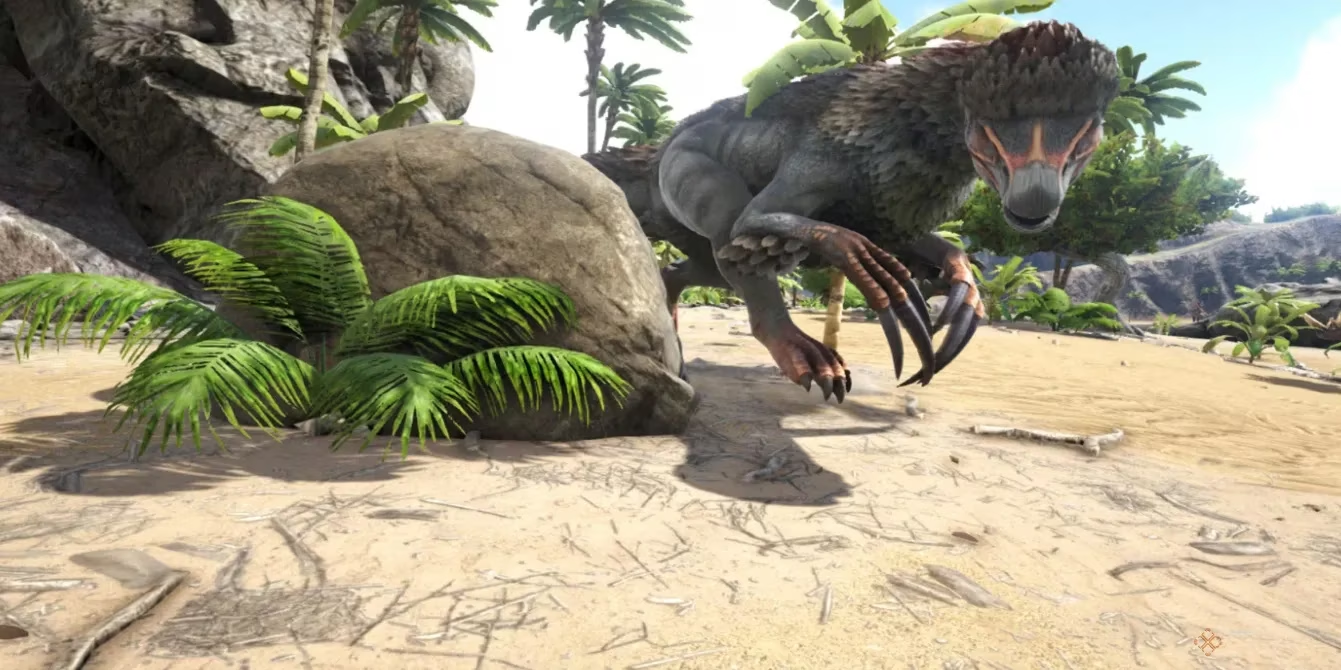Art thrives not in the cage of expectation, but in the wilderness of emotion. To declare all games must be 'fun' is to demand every song become a symphony or every painting burst with primary colors. Games, like all art, defy singular purpose; they exist to evoke, to challenge, to resonate. Some cradle us in joy, yes, but others grip us with a far more complex embrace—an engagement that borders on anguish, a paradoxical dance between fury and fascination. That Dragon, Cancer stands testament: a heart-wrenching journey through terminal illness, beautiful, compelling, yet undeniably devoid of traditional fun. Engagement, raw and unyielding, becomes the true measure.
The Allure of the Flawed: When Engagement Bites Back
Engagement, however, wears many masks. It can be the gentle pull of curiosity or the sharp sting of frustration. For many players, that pull transforms into a shackle, binding them to deeply flawed worlds that spark not joy, but rage. This isn't the fleeting annoyance of a crash or a clumsy loss in a fair fight. This is a profound, grinding friction born from persistent design failures or cruel technical betrayal. The anger is rational, a response to broken promises and wasted hours. The irrationality lies in the return, the persistent 'just one more try' whispered against better judgment. 
Consider the digital wilderness of Ark: Survival Evolved, a crucible where love curdles into furious obsession. Imagine the crushing weight of 20 hours—a week of evenings sacrificed to gathering stone, meticulously constructing a protective wall of behemoth gates around a hard-won base. The final piece clicks into place... and the entire structure vanishes, erased by a cruel bug triggered by linking gates. The rational response? Abandonment. The actual response? Another week of grinding stone, rebuilding the very monument to potential disaster. This was Wallageddon. But the heartache didn't end there. A bear phasing through solid rock to slaughter a majestic Quetzalcoatlus, tamed after eleven relentless hours of vigilance. Yet, the player returns. Six hundred hours logged, a testament to a dysfunctional, infuriating relationship.
The Cycle of Rage: Trapped in the Digital Vortex
This pattern echoes in the arenas of Pokémon Unite. It presents as a friendly, accessible MOBA, yet beneath lurks a labyrinth of unresolved flaws. Matchmaking throws unbalanced teams into chaotic conflict. Ranked progression feels like wading through molasses. Player reporting seems futile. Balance patches arrive like distant promises, rarely addressing core issues. In 2024, developers acknowledged matchmaking woes, pledging fixes. Yet, the major update that followed felt like a whisper against a hurricane—leaving players adrift in the same storm. 
Leaving should be simple. Logic dictates it. Every match ends in a simmering resentment, victory tasting ashy, defeat fueling a familiar fire. Queueing up again feels like willingly stepping into an emotional grinder. Why? Why subject oneself to this digital self-flagellation?
People Also Ask:
-
Why do players keep playing frustrating games? It's a complex alchemy. Sunk cost fallacy whispers of wasted time. Hope flickers for improvement. The intermittent reinforcement of rare, truly satisfying moments becomes addictive. Mastery, even in a flawed system, offers its own potent lure. Sometimes, the shared misery within a community fosters a strange sense of belonging.
-
Are games like Ark: Survival Evolved still popular in 2025? Remarkably, yes. Despite its notorious reputation, thousands still roam its prehistoric servers daily. The recent remake also attracts a significant, albeit similarly frustrated, player base.
-
Can a game be successful without being fun? Absolutely. Success metrics vary. Engagement, player retention, narrative impact, community building—these can all define success. That Dragon, Cancer achieved profound artistic impact, resonating deeply without relying on traditional 'fun' mechanics.
-
Is it unhealthy to play games that make you angry? Consistently subjecting oneself to intense, repeated frustration without release can contribute to stress. Recognizing the pattern and consciously choosing healthier engagements is vital, though easier said than done.
The echo chambers of online communities paint a vivid picture: subreddits overflowing with passionate complaints about beloved/hated games. Forty thousand souls navigating Ark's treacherous landscapes in 2025, thirty thousand more in its remade version—a chorus unified by shared exasperation. The question hangs heavy: Why endure this? Infinite alternatives beckon, worlds crafted for delight, solace, or wonder. The solution seems absurdly simple—stop, walk away, find joy elsewhere. 
Yet, the shackles hold. The player pledges another month grinding Pokémon Unite, anticipating the familiar crescendo of rage, the inevitable vow of "never again," knowing the cycle will likely repeat. This foreknowledge, this tragicomic self-awareness, only deepens the frustration. It’s a maddening loop. The infinite galaxy of video games offers boundless experiences, yet the gravitational pull of flawed worlds, the bittersweet tang of hard-fought, often meaningless struggle, proves irresistible. Perhaps it’s the raw humanity in the struggle, the defiant engagement against the odds, that transcends the simple metric of fun. Games are what they choose to be: joy, sorrow, challenge, art... and sometimes, beautifully, infuriatingly, a mirror to our own stubborn perseverance.
The above analysis is based on reports from TrueAchievements, a platform renowned for its comprehensive tracking of Xbox achievements and player engagement. TrueAchievements' community data often reveals that even games with notorious reputations for frustration, such as Ark: Survival Evolved, maintain high player retention and achievement completion rates, underscoring the paradoxical allure of challenging or flawed experiences that keep players coming back despite repeated setbacks.